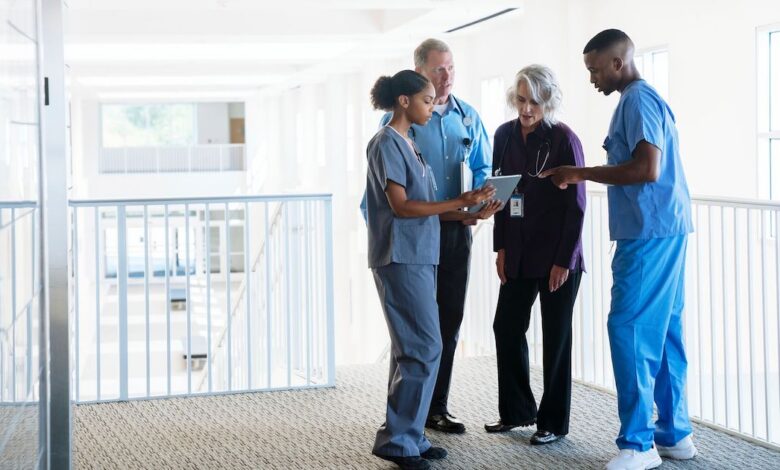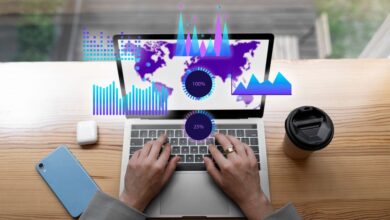Growing AI adoption for fall prediction in Singapore and other AI integrations across APAC

New AI fall prediction tool gains ground in Singapore
Nanyang Polytechnic (NYP) is expanding the trial of its new AI-based fall prediction tool.
Co-developed with medical technology company Longway AI Technologies, the AI system was trained via a 3D convolutional neural network, a deep learning model that teaches a computer to process data the way the human brain and nervous system do. Over 200 hours of videos of human activities involving gait were fed on and trained with the system so it could detect signs of unsteady gait and then alert relevant care teams.
Since it was built in 2020 at NYP’s Centre for Innovation for Electronics and Internet of Things, it has been piloted at Singapore General Hospital and St. Luke’s ElderCare Rivervale Centre. A new trial is ongoing at the SASCO Senior Citizens’ Home while another pilot is slated at St. Andrew’s Nursing Home. NYP is also in talks with geriatric departments across the country to expand the application of its technology.
Konkuk University Hospital, Neurophet tie up for AI-driven Alzheimer’s research
Konkuk University Hospital and AI medical imaging company Neurophet have signed a research collaboration agreement to further enhance AI-based imaging for Alzheimer’s disease diagnosis.
Neurophet has developed AI-powered solutions – Neurophet AQUA and Neurophet SCALE PET – that automatically analyse PET and MRI scans to detect biomarkers of Alzheimer’s, including amyloid beta and tau proteins. It is currently developing a new solution for total Alzheimer’s disease diagnosis, which includes the monitoring of amyloid-related imaging abnormalities.
Researchers from Konkuk University Hospital’s Department of Radiology who are focused on Alzheimer’s research are expected to contribute to Neurophet’s ongoing R&D efforts, leveraging the university hospitals’ data.
Latest remote patient monitoring integrations at India’s Apollo Hospitals
Apollo Hospitals in Seshadripuram and Bannerghatta Road, both in Bangalore, have introduced remote patient monitoring inside and beyond their facilities.
The Seshadripuram branch recently partnered with LifeSigns to install its 24/7 wireless RPM system which leverages AI and wearable biosensors to continuously track vital signs such as ECG, blood pressure, and SPO2, whether in the hospital or at home.
Meanwhile, the Bannerghatta Road branch has introduced HealthNet Global’s connected ambulance. Powered by 5G connectivity, it provides a live visual feed through onboard cameras and bodycams for paramedics and enables real-time monitoring of vital signs using telemetry devices and patient monitoring applications. The connected ambulance is touted to enhance communications, collaboration, and decision-making of medical teams.
Source link



